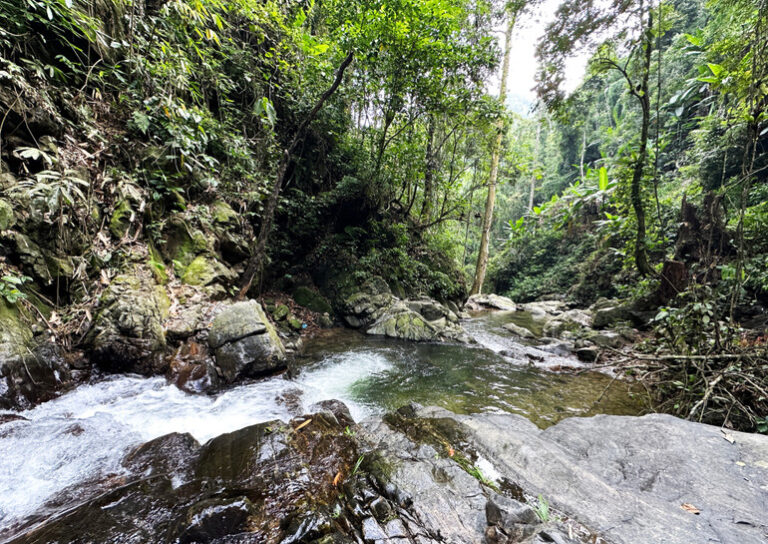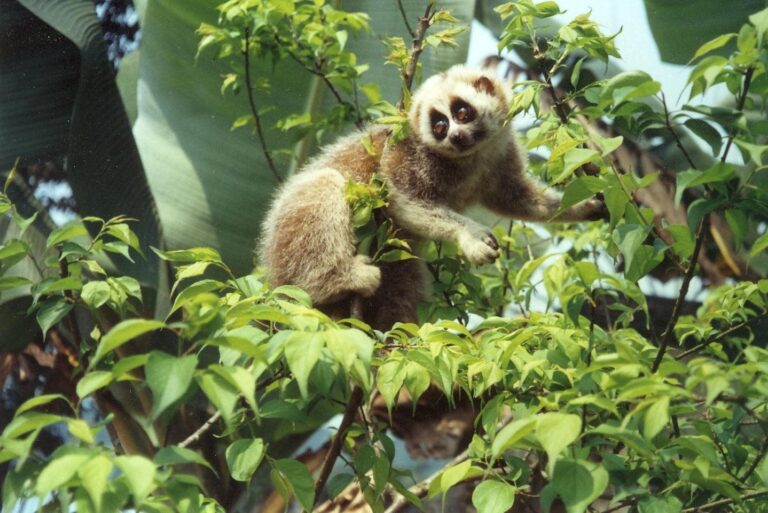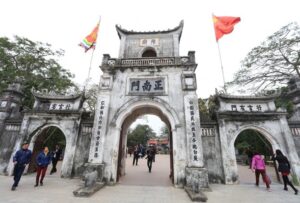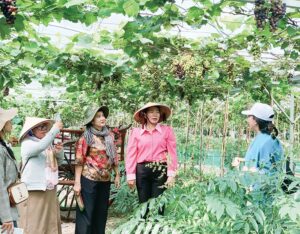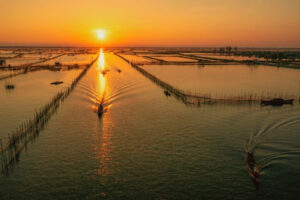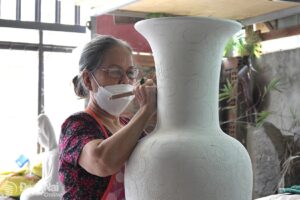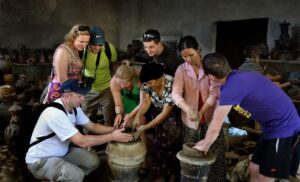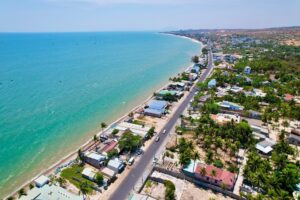On 4th June, 2018, twenty-two embassies and international organisations will mark World Environment Day by signing a Code of Conduct on Combatting Plastic Pollution at L’Espace, 24 Trang Tien at 9:00am.
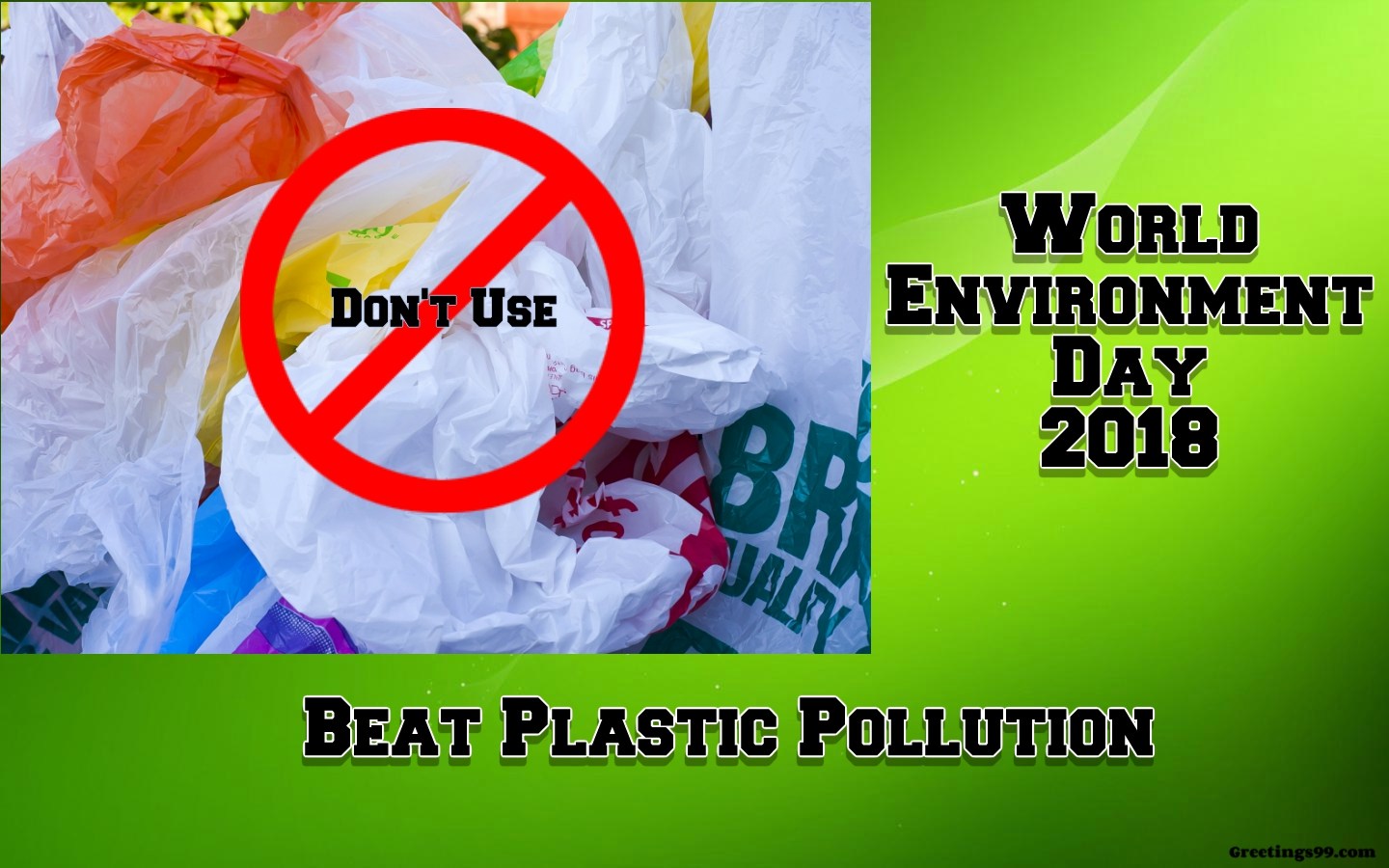
(Image: Internet)
By signing this Code of Conduct, international partners commit to assessing their current office practices related to single-use plastic, and instituting operational changes to minimize their plastic waste footprint. All signatories also agree to engage their staff in reducing plastic waste and to encourage their partners to adopt low- or no plastic waste-emitting options.
By taking this joint action, international partners in Vietnam seek to act as change agents in reducing plastic pollution and raising awareness about its negative effects on humans, animals and the environment.
The campaign, spearheaded by Embassy of Canada in Vietnam, seeks to raise awareness on the negative impacts of plastic pollution, while advocating for changes – at the behavioural, institutional, and policy levels – that will reduce the amount of plastic waste generated in Vietnam.
The signing ceremony is a highlight in the Plastic Pollution Advocacy Campaign, which is a joint campaign involving embassies and international partners working in support of Vietnam’s sustainable development.
Following the signing ceremony, there will be a roundtable on plastic pollution, in which policy makers, business leaders, academia, and environmental activists will discuss the challenges in reducing plastic waste and recommend approaches to effectively address plastic pollution.
For the past months, twenty-two embassies and international partners have been actively engaged in this multi-pronged campaign. Another key element of this campaign has been constructive dialogue with Vietnamese leaders to discuss policy options that will have long-term positive effects on plastic pollution in Vietnam. In addition, an on-line campaign #CountdownPlastic has been running on the social media platforms of the Code of Conduct signatories to call for public action on reducing single-use plastic in people’s daily lives and workplaces.
Quotes
“As international partners, we have the privilege to work in Vietnam, and have a collective responsibility to reduce our plastic footprint in this beautiful country, and preserve the environment for future generations.”
H.E. Ping Kitnikone, Ambassador of Canada to Vietnam
Quick Facts:
Plastic Pollution
300 million tons of plastic are produced around the world annually, half of which are used to design single-use items (e.g. shopping bags, bottles, cups and straws); 1 million plastic bags are used per minute.
An estimated 8 million tons of plastic are dumped into the world's oceans annually - 55%-60% comes from 5 countries, including Vietnam.
Vietnam ranks 4th out of the top 5 countries contributing to marine plastic pollution, globally.
Burning plastics containing chlorine at high temperature can generate highly toxic and persistent organic pollutants (POPs) such as dioxins and furans.
Plastic contamination in the food chain may generate adverse impacts on humans.
Plastic pollution has negative impacts on the tourism industry, including in Vietnam.
International Partners in Vietnam - Code of Conduct on Combatting Plastic Pollution
As plastic pollution is a pressing global issue with devastating ecological consequences, and as Vietnam is among the top five source countries for the eight million tons of plastic that is dumped into the world's oceans each year,
We acknowledge our collective responsibility as international partners in Vietnam to work with some urgency as change agents to reduce plastic pollution and raise awareness about its negative effects on humans, animals and the environment.
We hereby commit to the following actions, through which we hope to make a tangible difference in how our work is conducted in this country:
Not to buy or use disposable plastic water bottles in our offices, and endeavor to find alternatives to plastic for the meetings and events we organize;
To undertake an assessment of our current office practices and their impact on the amount of plastic waste generated, and institute operational changes to minimize our plastic waste footprint;
To engage our employees on the need to reduce our plastic waste, and inform them on how they can help refuse, reduce, reuse and recycle plastics at the household level; and
To encourage all of our partners (government, project, institutional), suppliers and service providers to adopt low-or no plastic waste-emitting options wherever and whenever possible.
List of Embassies and International Partners in Vietnam signing the Code of Conduct
Asian Development Bank, Austria, Belgium, Canada, Denmark, European Union, Finland, France, Germany, Ireland, Italy, Netherlands, New Zealand, Norway, Slovakia, Sri Lanka, Sweden, Switzerland, United Kingdom, United States of America, 16 UN Agencies, Fund, Programmes and Offices, and the World Bank.


